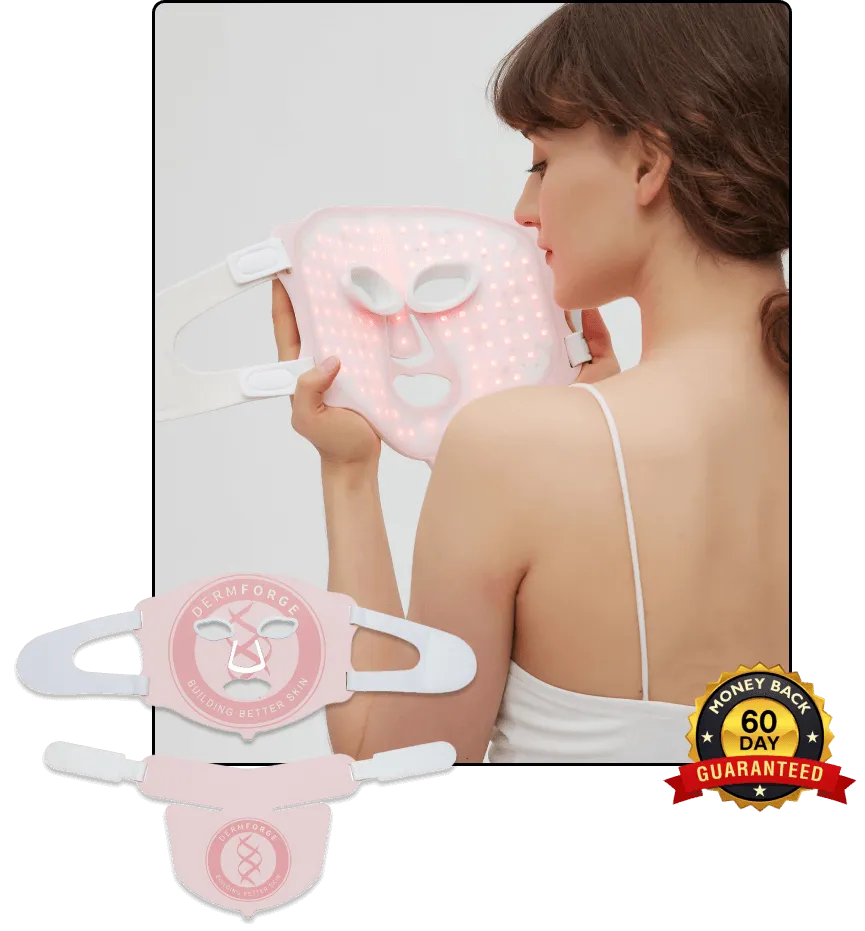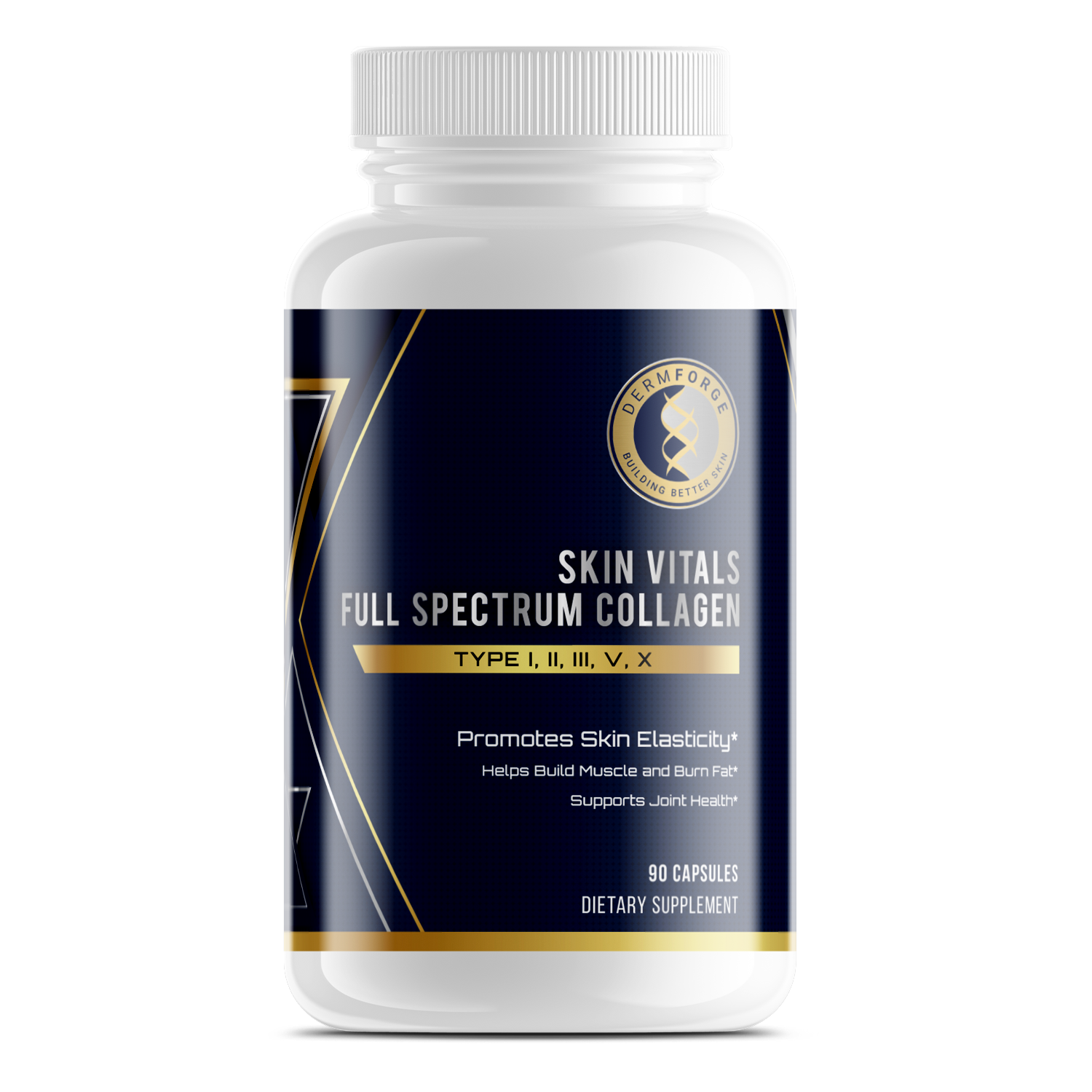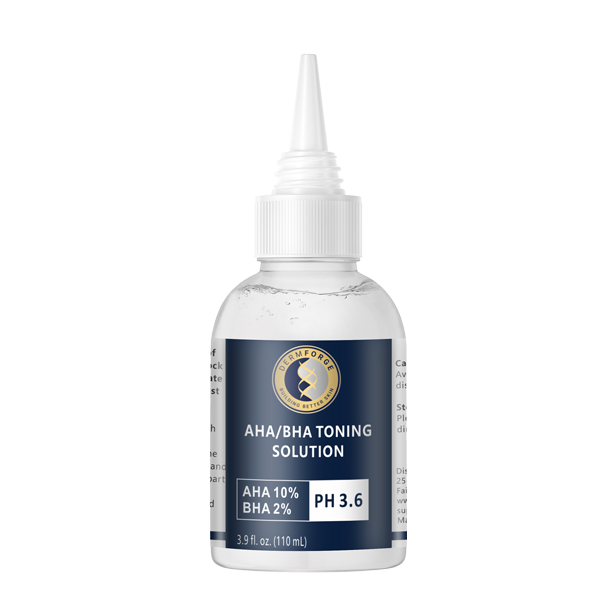Retinol serum has become one of the most recommended products for addressing signs of skin aging. Retinol serum for anti-aging is known for its ability to smooth fine lines, boost collagen, and improve overall texture. Therefore, many people consider it an important step in maintaining healthy, youthful-looking skin. Additionally, it can help correct uneven tone and refine pores.
Retinol, a derivative of vitamin A, supports your skin’s natural renewal process. However, to use it effectively, you need to understand how it works. Additionally, choosing a product that matches your skin type and concerns can make a big difference. While results may take time, consistency often leads to visible improvement.
If you're just starting with retinol, it's helpful to begin slowly. Therefore, lower-strength formulas may be best for beginners or those with sensitive skin. Additionally, layering it with a gentle moisturizer can reduce dryness or flaking. You’ll also want to apply sunscreen daily, since retinol may increase your skin’s sensitivity to sunlight.
Understanding how to select and apply retinol correctly is key. Therefore, being informed helps you avoid common mistakes and irritation. Additionally, knowing what to expect helps set realistic goals for results.
Retinol serum remains a widely used solution for aging concerns across different skin types and ages. With proper use, it can support smoother, brighter, and more even-toned skin. Therefore, many dermatologists and skincare professionals recommend it as part of a long-term skincare plan. Additionally, its benefits continue to grow with ongoing research and better formulations.
What is Retinol Serum and How Does it Fight Aging?
Retinol serum is a skincare product containing retinol, a derivative of Vitamin A. It's widely recognized for its effectiveness in addressing signs of aging. When applied, retinol penetrates the skin's outer layer, reaching the dermis. In this deeper layer, it neutralizes free radicals, which helps boost collagen and elastin production. This process results in a plumping effect, reducing the appearance of fine lines and wrinkles.
Additionally, retinol promotes the turnover of skin cells. This leads to the shedding of older, damaged cells and the emergence of new, healthier ones. Consequently, you may notice improved skin texture and a more even tone. Furthermore, retinol can slow melanin production, which may help in reducing age spots and hyperpigmentation.
Another benefit is retinol's ability to stimulate the formation of new blood vessels in the skin. This enhances skin color and overall radiance. However, it's important to note that visible improvements typically require consistent use over several months. Regular application is key to achieving the desired anti-aging effects.
Incorporating retinol serum into your skincare routine can offer multiple benefits. By understanding how it works, you can better appreciate the potential of retinol serum for anti-aging purposes.
Anti-Aging Benefits of Retinol Serum
Retinol, a derivative of vitamin A, is widely recognized for its effectiveness in anti-aging skincare. Retinol serums penetrate the skin's outer layer, reaching the dermis where they stimulate collagen and elastin production. This process enhances skin elasticity and reduces the appearance of fine lines and wrinkles.
Additionally, retinol promotes cell turnover, helping to fade age spots and improve skin tone. By encouraging the shedding of old skin cells and the generation of new ones, retinol contributes to a smoother, more radiant complexion.
Incorporating retinol serum into your skincare routine can effectively address multiple signs of aging. However, it's important to use retinol products as directed and consult with a dermatologist to determine the best formulation for your skin type and concerns.
How to Properly Use Retinol Serum for Best Results
Retinol serum, a derivative of vitamin A, is a popular choice for addressing signs of aging. It promotes skin renewal and enhances collagen production, leading to a smoother, more youthful complexion. However, to achieve optimal results and minimize potential irritation, it's important to use retinol serum correctly.
Begin by applying retinol serum at night, as sunlight can degrade its effectiveness and increase skin sensitivity. After cleansing, ensure your skin is completely dry before application; damp skin can heighten irritation. Dispense a pea-sized amount and gently spread it over your face, avoiding the eye area. Follow with a moisturizer to help mitigate dryness and support the skin's barrier.
Introduce retinol serum gradually into your routine to allow your skin to adapt. Start with application once a week, then slowly increase to two or three times per week as tolerated. This approach helps minimize redness, peeling, and discomfort. Always apply a broad-spectrum sunscreen during the day, as retinol can make your skin more susceptible to UV damage.
When layering products, apply retinol serum after water-based serums and before heavier moisturizers or oils. Be cautious when combining retinol with other active ingredients like alpha-hydroxy acids (AHAs) or beta-hydroxy acids (BHAs), as this can increase the risk of irritation. If you experience persistent redness or discomfort, reduce the frequency of use or consult a dermatologist.
By thoughtfully incorporating retinol serum into your skincare regimen, you can effectively harness its anti-aging benefits while maintaining your skin's health and comfort.
Who Should Use Retinol Serum for Anti-Aging?
Retinol serum, a derivative of vitamin A, effectively addresses signs of aging. By promoting collagen production, it reduces fine lines and wrinkles. Additionally, it accelerates cell turnover, resulting in smoother, more radiant skin. Incorporating retinol serum into your routine can enhance skin elasticity and tone. Therefore, understanding its benefits helps you make informed skincare choices.
When introducing retinol serum, start with a low concentration to assess your skin's tolerance. Apply a pea-sized amount to clean, dry skin at night. Follow with a moisturizer to minimize potential dryness. Gradually increase usage to nightly as your skin adapts. Always use sunscreen during the day, as retinol increases sun sensitivity. By following these steps, you can effectively incorporate retinol serum into your regimen.
Retinol serum offers numerous advantages in combating signs of aging. By promoting collagen production, it reduces fine lines and wrinkles. Additionally, it accelerates cell turnover, leading to smoother skin texture. Furthermore, retinol can diminish dark spots, resulting in a more even complexion. These benefits make retinol serum a valuable addition to your skincare routine.
Retinol serum suits individuals noticing early signs of aging, such as fine lines or uneven skin tone. If you have mature skin with wrinkles or sagging, retinol can help improve firmness. Additionally, those with sun-damaged skin may see benefits from its restorative properties. However, if you have extremely sensitive skin, consult a dermatologist before use. Incorporating retinol serum can address various skin concerns effectively.
Some believe retinol thins the skin, but it actually promotes collagen production, strengthening the skin. Another misconception is that retinol is unsuitable for sensitive skin; however, many can tolerate it with proper use. Additionally, some think retinol results are immediate, but visible improvements typically take several weeks. Understanding these facts helps you set realistic expectations. By dispelling these myths, you can confidently incorporate retinol into your skincare routine.
Selecting the right retinol serum depends on your skin type and concerns. For sensitive skin, opt for formulations with lower retinol concentrations and soothing ingredients. If you have oily skin, choose a lightweight, non-comedogenic serum. Additionally, consider products with added moisturizers if your skin is dry. By tailoring your choice to your skin's needs, you can maximize the benefits of retinol serum.
Incorporating retinol serum into your skincare routine can effectively address various signs of aging. By understanding its benefits and proper usage, you can achieve healthier, more youthful-looking skin. Remember to start slowly, monitor your skin's response, and consult a dermatologist if needed. With patience and consistency, retinol serum can be a valuable tool in your anti-aging regimen.
Common Myths and Misconceptions About Retinol Serum
Retinol serum, derived from vitamin A, is a popular component in many skincare routines. It is celebrated for its ability to reduce fine lines and wrinkles, offering notable Retinol Serum for anti-aging benefits. However, several myths and misconceptions about its use persist, leading to confusion and hesitation.
A common belief is that retinol thins the skin. In reality, retinol promotes collagen production, which thickens the skin's deeper layers, enhancing its firmness and resilience. While initial use may cause peeling or redness, this is typically a temporary phase as the skin adjusts.
Another misconception is that retinol is unsuitable for sensitive skin. While retinol can be potent, many individuals with sensitive skin can incorporate it into their regimen by starting with lower concentrations and gradually increasing usage. This approach helps minimize potential irritation.
Some believe retinol should not be applied around the eyes due to the area's delicate nature. However, the skin around the eyes often shows early signs of aging, and applying retinol can be beneficial. Using a small amount and monitoring the skin's response can help address fine lines in this area effectively.
Concerns about retinol causing sun sensitivity are also widespread. Retinol itself is not sun-sensitizing, but it is advisable to apply it at night and use sunscreen during the day to protect the skin. This practice helps maintain the skin's health and enhances the serum's effectiveness.
Understanding the facts about retinol serum enables you to make informed decisions and fully benefit from its anti-aging properties. By dispelling these myths, you can confidently incorporate retinol into your skincare routine, tailored to your skin's unique needs.
How to Choose the Right Retinol Serum for Your Skin Type and Age
Selecting the appropriate retinol serum involves considering your skin type, age, and specific skin concerns. Retinol, a derivative of vitamin A, offers numerous benefits, but choosing the right formulation is essential for optimal results.
If you have sensitive or dry skin, start with a low-strength retinol serum. Lower concentrations minimize potential irritation while allowing your skin to acclimate. Additionally, opt for formulations that include hydrating ingredients like hyaluronic acid or ceramides to maintain moisture balance.
For those with oily or acne-prone skin, a medium-strength retinol serum may be more suitable. These formulations can help regulate oil production and reduce breakouts. Look for products that are lightweight and non-comedogenic to prevent clogged pores.
As you age, your skin's ability to renew itself diminishes. Therefore, individuals in their 40s and beyond might benefit from higher-strength retinol serums to address more pronounced signs of aging. However, it's advisable to consult with a dermatologist before using stronger formulations to assess suitability and minimize potential side effects.
Regardless of the retinol strength, always introduce the product gradually into your skincare routine. Begin by applying it once or twice a week, then increase frequency as your skin builds tolerance. Always apply sunscreen during the day, as retinol can increase sun sensitivity.
Incorporating retinol serum into your regimen can offer significant benefits. By selecting a product tailored to your skin type and age, you can effectively address concerns like fine lines, uneven tone, and texture.
Conclusion
Retinol serum continues to be a trusted option for addressing common signs of skin aging. Therefore, understanding how to use it correctly can help you maximize its benefits. Additionally, selecting a product that suits your skin type and age will improve your overall experience.
If you’re concerned about fine lines, wrinkles, or uneven skin tone, retinol serum may be worth considering. Additionally, it can help improve skin elasticity and smooth texture over time. Therefore, incorporating a retinol serum for anti-aging purposes can support long-term skin health.
However, it’s important to start slowly and monitor your skin’s response. Additionally, use sunscreen daily to protect your skin while using retinol. Over time, your skin can adapt, allowing you to increase usage without discomfort.
Choosing the right formulation is essential to minimize irritation and achieve visible results. Additionally, consider supporting ingredients that hydrate or soothe your skin alongside retinol. This combination can help you maintain a balanced and effective routine.
By understanding the facts about retinol, you can avoid common myths and unrealistic expectations. Therefore, you’ll be better prepared to use retinol safely and successfully. Additionally, being patient and consistent will allow you to experience gradual improvements.
Retinol serum remains one of the most researched and recommended skincare products for reducing signs of aging. Therefore, adding it to your skincare routine can help you achieve smoother, firmer, and clearer skin. Additionally, knowing how to use it properly will allow you to avoid unnecessary irritation and discomfort.
With care and consistency, retinol serum can make a meaningful difference in the health and appearance of your skin over time.






